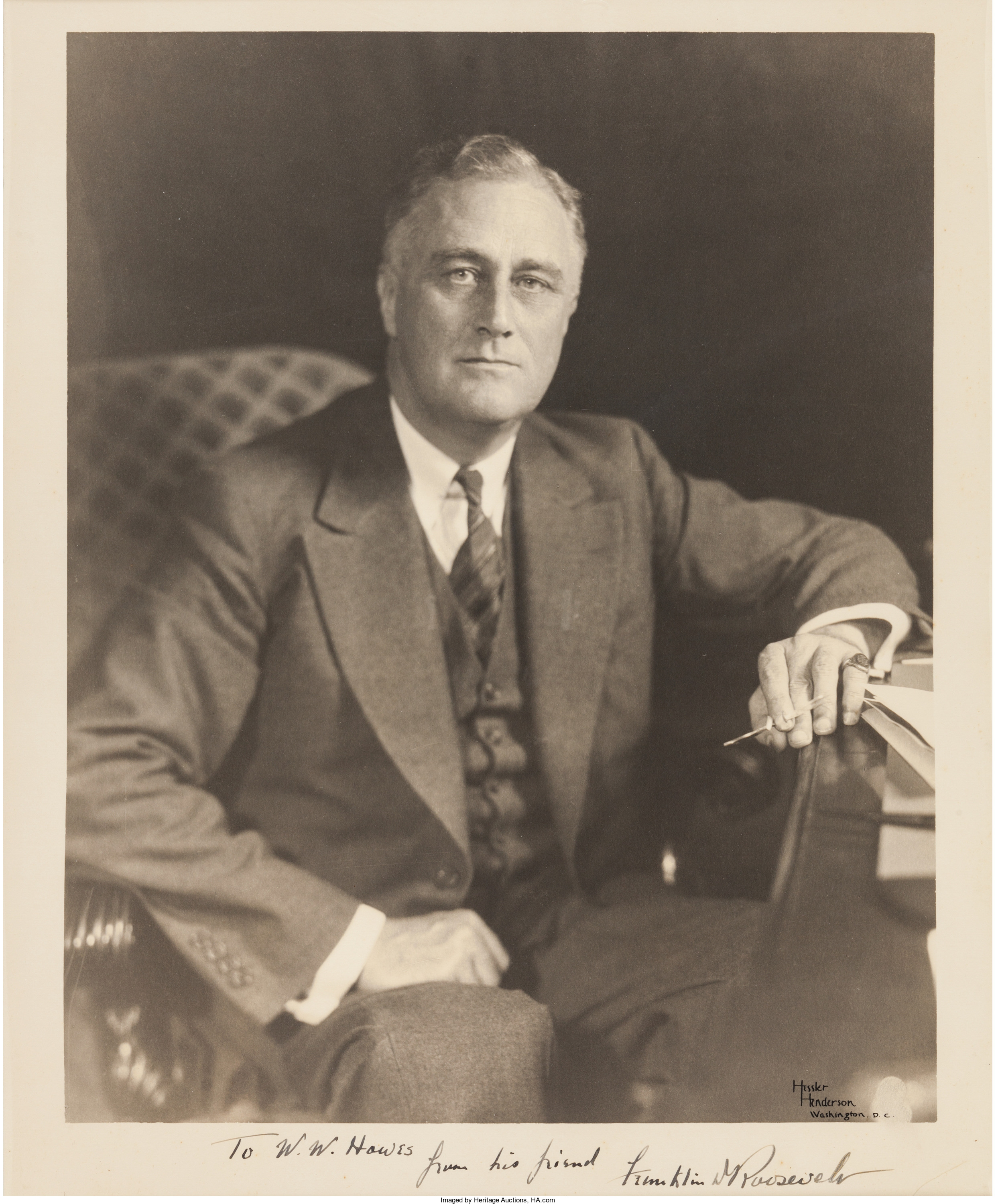
By Jim O’Neal
Franklin Delano Roosevelt introduced the idea at a press conference on Dec. 17, 1940, in typical homey, easily comprehended language:
“Suppose my neighbor’s home catches on fire and I have a length of garden hose 400 or 500 feet away. If he can take my garden hose and connect it up to his hydrant, I may be able to help him put out the fire. Now what do I do? I don’t say to him, ‘Neighbor, my garden hose cost me $15, you have to pay me $15 for it.’ No! What is the transition that goes on? I don’t want $15 – I want my garden hose back after the fire is out.”
The neighbor on fire was England, facing the full ferocity of the Nazi blitz. England was the only major European power still resisting (barely) the German juggernaut. The formal cry for help, a desperate letter from Winston Churchill to FDR, had been received eight days earlier on Dec. 9 when a navy seaplane had touched down next to the USS Tuscaloosa off of Florida’s southern coast. The president was on board the heavy cruiser recuperating from the rigors on his November reelection campaign when the seaplane crew delivered the letter.
The Prime Minister had written, “The moment approaches when we shall no longer be able to pay cash for shipping and other supplies” … pointing out that the Exchequer was down to its last $2 billion – with $5 billion in orders from American munitions factories outstanding. Roosevelt knew the answer was to find some way around the Neutrality Acts, an isolationist ploy that stipulated that any war belligerents had to pay cash for weapons – and loans were prohibited to any nation that had not repaid debts from WWI.
Harry Hopkins – FDR’s man for all seasons – wrote that his boss mulled it over for two days, then one evening came up with the whole program! The “whole program” quickly became House Resolution 1776, better known as “Lend-Lease.” It granted the president the authority to lend tanks, planes, ships and other aid not only to England but to “any country whose defense the president deems vital to the defense of the United States.” Leaders across the political spectrum rallied to support H.R. 1776.
One was Wendell Willkie, the Republican candidate just defeated in the 1940 presidential election and a staunch opponent of the United States entering the war in Europe. When the Senate quizzed him about this obvious contradiction, he smiled broadly and said, “I struggled as hard as I could to beat Franklin Roosevelt and didn’t pull any punches. He was elected president. He is my president now … I say a world enslaved to Hitler is worse than war, and worse than death.”
The opposition was organized and very powerful. Colonel Charles Lindbergh had even assured the Senate that Britain was already doomed. Fortunately, Congress had more faith in FDR and passed H.R. 1776 by large margins on March 11, 1941. The bill provided Roosevelt with $7 billion in appropriations – the first of $50 billion to be used by the end of hostilities in 1945.
Churchill famously called Lend-Lease “the most unsordid act in the history of any nation.”
 Intelligent Collector blogger JIM O’NEAL is an avid collector and history buff. He is president and CEO of Frito-Lay International [retired] and earlier served as chair and CEO of PepsiCo Restaurants International [KFC Pizza Hut and Taco Bell].
Intelligent Collector blogger JIM O’NEAL is an avid collector and history buff. He is president and CEO of Frito-Lay International [retired] and earlier served as chair and CEO of PepsiCo Restaurants International [KFC Pizza Hut and Taco Bell].
